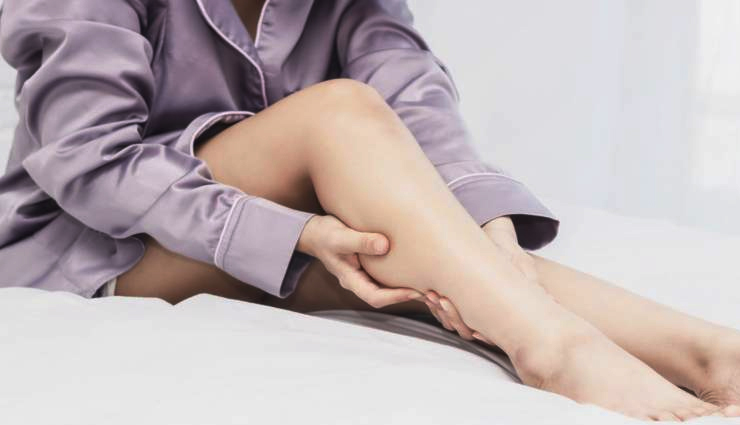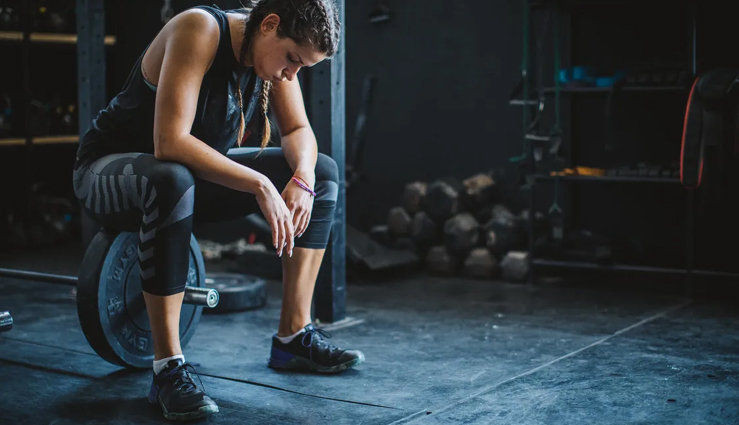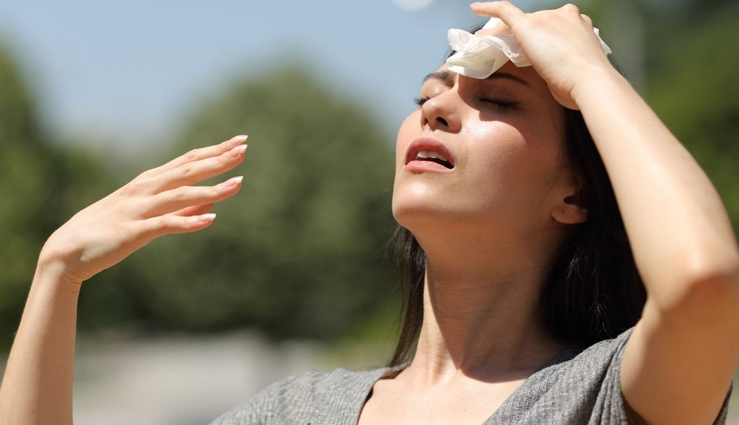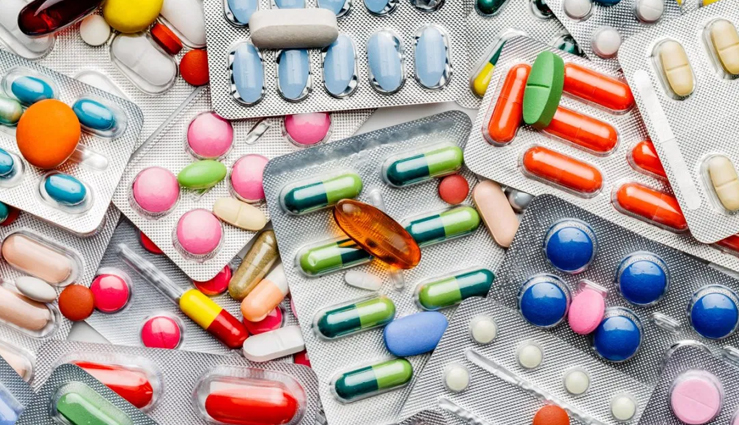- Home›
- Healthy Living›
- 5 Major Causes Of Frequent Muscle Cramps
5 Major Causes Of Frequent Muscle Cramps
By: Pinki Fri, 01 Mar 2024 10:20:50

Muscle cramps are a common experience, affecting individuals across the fitness spectrum, from the most active athletes to sedentary individuals. These cramps, characterized by involuntary muscle contractions, typically resolve on their own. However, persistent and frequent cramping may indicate underlying issues. Here are some potential reasons for persistent muscle cramps:

# Overtraining
If you’ve spent a long day at the gym or run a marathon, muscle cramps are inevitable. If you haven’t warmed up before working out, your muscles might cramp. Another reason is sodium deficiency. If you’re sweating it at the gym, you lose a significant amount of sodium, which leads to an electrolyte imbalance, thereby causing localized muscle cramps. Overtraining also overloads your skeletal muscles, resulting in cramps and fatigue.
To reduce cramping caused by exercise, stretch lightly and massage the aching area. You could also consider altering the intensity-level of your workout. To avoid loss of sodium due to sweating, drink an oral rehydration solution before you begin exercising.

# Dehydration
If you’re exercising or spending long hours at work, remember to drink enough water. Dehydration is one of the most common reasons for muscle cramps, especially heat cramps that occur in the legs, arms, or abdomen with muscle contraction that can easily felt. If you’re over 50 years of age, your muscles respond strongly to the loss of fluid. Hence, it’s important to stay hydrated. Ideally, you need to drink at least eight 8-ounce glasses of water a day to avoid dehydration.

# Holding A Position For A Long Time
You might have experienced muscle cramps if you’ve been sitting on a chair for a prolonged period of time or held a yoga pose for too long. Holding a position for too long strains your muscle and reduces blood flow to your muscles, causing cramps. To obtain relief from the cramps, perform a few stretches and massage the area. If your muscle cramps when you hold a certain yoga position, don’t hold the pose for long or avoid the pose altogether.

# Physical Inactivity
If you’ve been finding excuses to avoid the gym, now might be a good time to change your attitude toward exercise. When you don’t stretch and work your body regularly, you might experience muscle fatigue, which causes an abnormality in the mechanisms that control muscle contraction, thereby resulting in cramps.To avoid cramps, exercise for at least 30 minutes every day and don’t forget to begin and end your workout by warming up.

# Certain Medications
If you’re on diuretics or medication for asthma, cholesterol, and certain other conditions, muscle cramps could occur as a side effect. If the cramps are frequent and painful, consult your doctor and consider opting for an alternative course of medicine. To manage the cramps, perform stretches, stay hydrated, and don’t be physically inactive for long periods of time.





